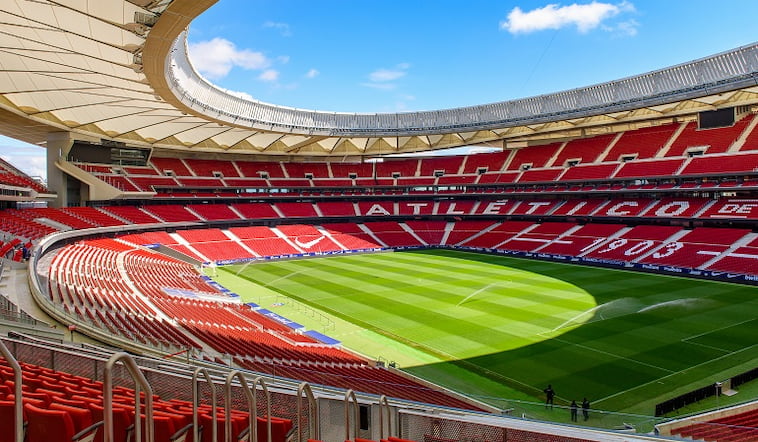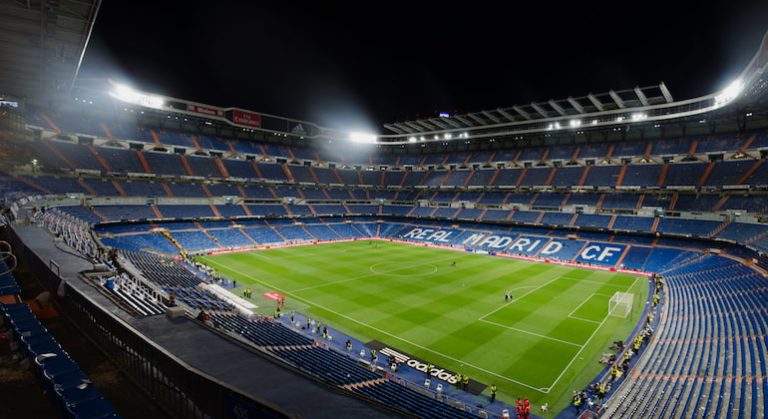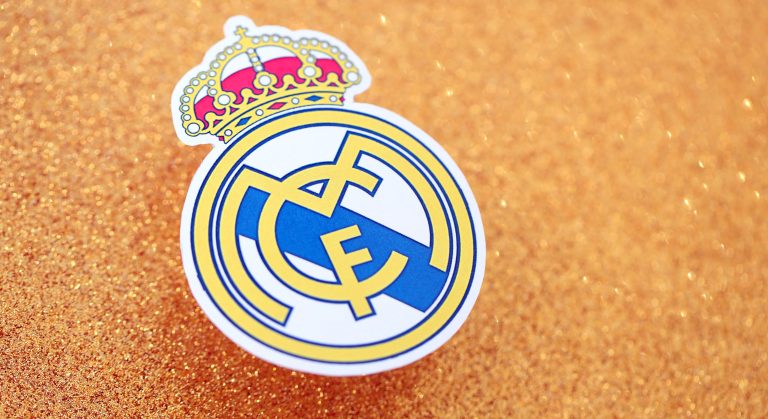Spanish La Liga
The Most Successful Football Clubs In Spain

In La Liga’s inaugural season in 1929, Barcelona took the honours with Real Madrid finishing runner-up. So it ever was.
From the very get-go these behemoths of world football have dominated the Spanish footballing landscape, hoovering up 63 league titles between them. Inevitably they are the main characters in the story that unfolds below.
That is not to suggest of course that others haven’t scaled significant heights.
Athletic Bilbao ruled the roost across the nineteen-thirties, claiming four titles courtesy of a fabulous team that has since become rightfully venerated. Prior to Primera Division suspending for the Spanish Civil War the Lions thrashed Barcelona 12-1 in one memorable encounter.
Atletico Madrid meanwhile have consistently been a thorn in the side of Spain’s famous duopoly. Never relegated since securing their top-flight status in 1935, the Mattress Makes have topped the pile on 11 occasions and remarkably finished inside the top three a further whopping 30 times.
Lastly, there is our fifth entry to consider and though Real Sociedad, Deportivo La Coruna and Sevilla were all in contention, ultimately silverware told…
Valencia
Of Valencia’s six titles, their triumph in 1971 was somewhat of an anomaly, a perfect storm where everything that needed to go their way did.
Indeed, it could be argued that the team assembled later that decade was even better, with Kurt Jura pulling the strings in midfield and Johnny Rep and Mario Kempes running riot up front. That side achieved European Cup Winners Cup glory at the end of the decade and were certainly one of the most entertaining elevens to ever light up Iberia.
If however we’re looking for periods of sustained high-achievement we must turn to two very different periods, the first being the nineteen-forties when Valenca were the absolute dons.
Three league titles were attained, along with a brace of Copa del Reys, as goals rained in from Silvestre Igoa and ‘Mundo’ Trabanco. The latter fired 186 at the Mestalla before he was done.
Then we fast forward to the early 2000s, a time when the Barca/Real duopoly was genuinely rattled as first Deportivo took the crown, then Valencia twice.
Athletic Bilbao
Los Leones roared loudest in the Thirties though they were already well established by then, having won the Copa del Rey as early as 1903. Five years prior to that the club officially formed via hard work put in by English migrant workers. This explains the anglicized spelling of their name.
Recruiting players only from the Basque Country, the club then experienced a notable revival in the Fifties after slipping into the pack for a while, but it’s their early-Eighties collective that really stands out, a side that pipped Real and Barca twice-over.
There was Andoni Zubizarreta in goal, capped 126 times for Spain. At the back, Andoni ‘The Butcher’ Goikoetxea terrorised any striker foolish enough to stray close enough to him. Manuel Sarabia provided the magic and fireworks up front. What a team that was.
Atletico Madrid
The Mattress Makers took a scenic route to the top, but by the time war was raging around Europe they were up to full speed. They have gone on to win league titles in all-but-two decades since.
With their nickname originating from wearing cheap off-cuts of red and white striped fabric donated by a local mattress factory this proudly working class institution enjoyed a golden era at the beginning of the Fifties, orchestrated by legendary coach Helenio Herrera.
A second wave of success across the Sixties and Seventies then saw them win four titles, half of their 10 Copa del Rey crowns, and reach a European Cup final.
We then arrive in the modern era, to the long tenure of Diego Simeone whose revolution at the Metropolitano has brought all manner of 21st century successes, including two Champions League final appearances.
Barcelona
Barca are the club of Cruyff, total football and Catalan pride. They are Messi, Guardiola and Camp Nou. They are La Masia, the Blaugrana, and – in the words of the poet Manuel Vazquez Montalban – ‘the only legal institution that unites the man on the street with the Catalonia that could have been and was not.’
Furthermore, they are Maradona and Ronaldinho. They are Luis Suarez, the brilliant Spaniard who won the Ballon d’Or in 1960, and Luis Suarez, the toothy Uruguayan. They are Mes Que un Club (‘More than a club’).
The fourth most valuable football club in the world have unfailingly been at the forefront of the Spanish game, and to put that in perspective we only need acknowledge that since 1942 they have never once finished outside of the top six in La Liga.
Then there’s Barca’s continental successes to consider, with 22 major European honours won, including five Champions League triumphs.
Their La Liga odds may have taken a hit in recent times, as serious financial woes continue to prohibit them, but count against a glorious revival at your peril.
Real Madrid
Describing why Los Blancos are the biggest club in Spain is like detailing why a Sunday roast is the king of all meals. They just are. It just is.
Founded as Madrid FC in 1902, Real are the most supported club in the world, as well as the wealthiest, with a valuation exceeding $6.6 billion.
They are also stitched into the very fabric of the establishment, favoured by Spanish royalty – ‘Real’ after all translates as ‘Royal’ – and famously were General Franco’s team of choice throughout his draconian regime.
For these reasons the club is hated as much as it is loved across the globe, but even their detractors have to cede to consistent and astonishing achievements in both black and white and colour.
Real have won 38% of the domestic league titles ever competed for in Spain while their success rate in the European Cup/Champions League is little short of incredible. On 15 occasions they have conquered the continent, as many times as Bayern Munich, Barcelona, Manchester United and Manchester City put together.
Truly it would be a brave or foolish man in the football betting to ever back against them in that competition.






